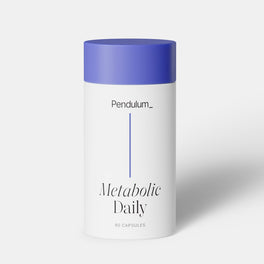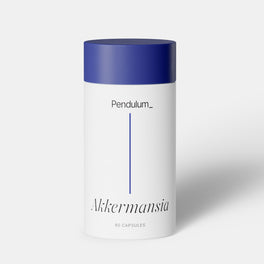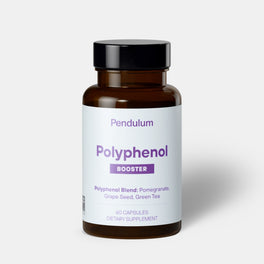Looks like your
cart is empty

Metabolic Daily
Improve metabolism

Akkermansia
Improves gut health

Polyphenol Booster
Increase antioxidants to protect cells
Stay in touch about special discounts, nutrition tips and additional education.
Looks like your
cart is empty

Improve metabolism

Improves gut health

Increase antioxidants to protect cells

By Kristin Neusel, MS, RD, LD, CDCES
We’ve all tried to cut back on the calories and sugar content of the foods we eat.
But for those of use with a sweet tooth, it can be tough to resist delicious and sweet-tasting things.
When food companies want to remove sugar from foods but still provide a sweet taste, sugar substitutes can be a popular addition.
What are sugar substitutes and sugar alcohols?Let’s break it down into two categories, and talk about what to look for on the label:
Food for thought:
Do you see a pattern with most of these sugar alcohols?
They mostly all end in -ol.
Keep in mind that sugar substitutes and sugar alcohols are very different. Sugar substitutes contain zero calories, whereas sugar alcohols contain about 2.6 calories/gram.
Sugar substitutes can be found in the ingredients section, whereas sugar alcohols can be found on the nutrition label under the “carbohydrates” section, as well as in the ingredients.
That’s the sweet part. Now, let’s talk about the potential bitter part. How do these compounds impact your gut microbiome?
A study (2) published in 2019, breaks it down in the information below:
| Sweetener/Sugar Alcohol: | Impact on the Gut Microbiome |
| Aspartame: |
Aspartame breaks down SUPER fast, so it’s really difficult to measure its impact on the gut microbiome. It doesn’t reach the large bowel (where butyrate and other short-chain fatty acids are produced). No data on the potential influences of aspartame on the gut microbiome. |
| Saccharin: |
In mice fed saccharin, Akkermansia muciniphila, a commensal bacterium that exhibits probiotic properties, was underrepresented. Studies indicate that the consumption of saccharin might perturb the gut microbiota. |
| Sucralose: |
The consumption of sucralose decreased the total number of anaerobic and aerobic bacteria, bifidobacteria, lactobacilli, Bacteroides, and Clostridium |
| Stevia: |
Microbiota can actually degrade Stevia, and therefore it is not absorbed in the upper GI tract. The roots of Stevia actually contain inulin and fructans, which can be food for specific strains of the gut microbiome. |
| Xylitol: |
Xylitol reduced the abundance of fecal Bacteroidetes and Barnesiella and increased the abundance of Firmicutes and Prevotella in mice fed a high-fat diet with medium-dose dietary xylitol. The combination of lactobacilli (probiotic) and xylitol (prebiotic) had a protective effect against Clostridium difficile- a not so great diagnosis. |
| Sorbitol: |
This is naturally found in pears and other fruits. This sugar alcohol is less tolerated than some others due to its high osmotic load (meaning: greater laxative effects). There’s not enough data to date to definitively determine the effects of sorbitol on the gut microbiome, unfortunately. |
There is a lot of concern surrounding the impact of sugar substitutes and sugar alcohols on the gut microbiome. The problem is, there just isn’t enough clinical data and studies to prove a lot.
Further studies are definitely needed to have a more firm understanding of the shifts these sugar substitutes and sugar alcohols have on the gut microbiome.
Talk with your doctor for more information on what’s best for you.
References: